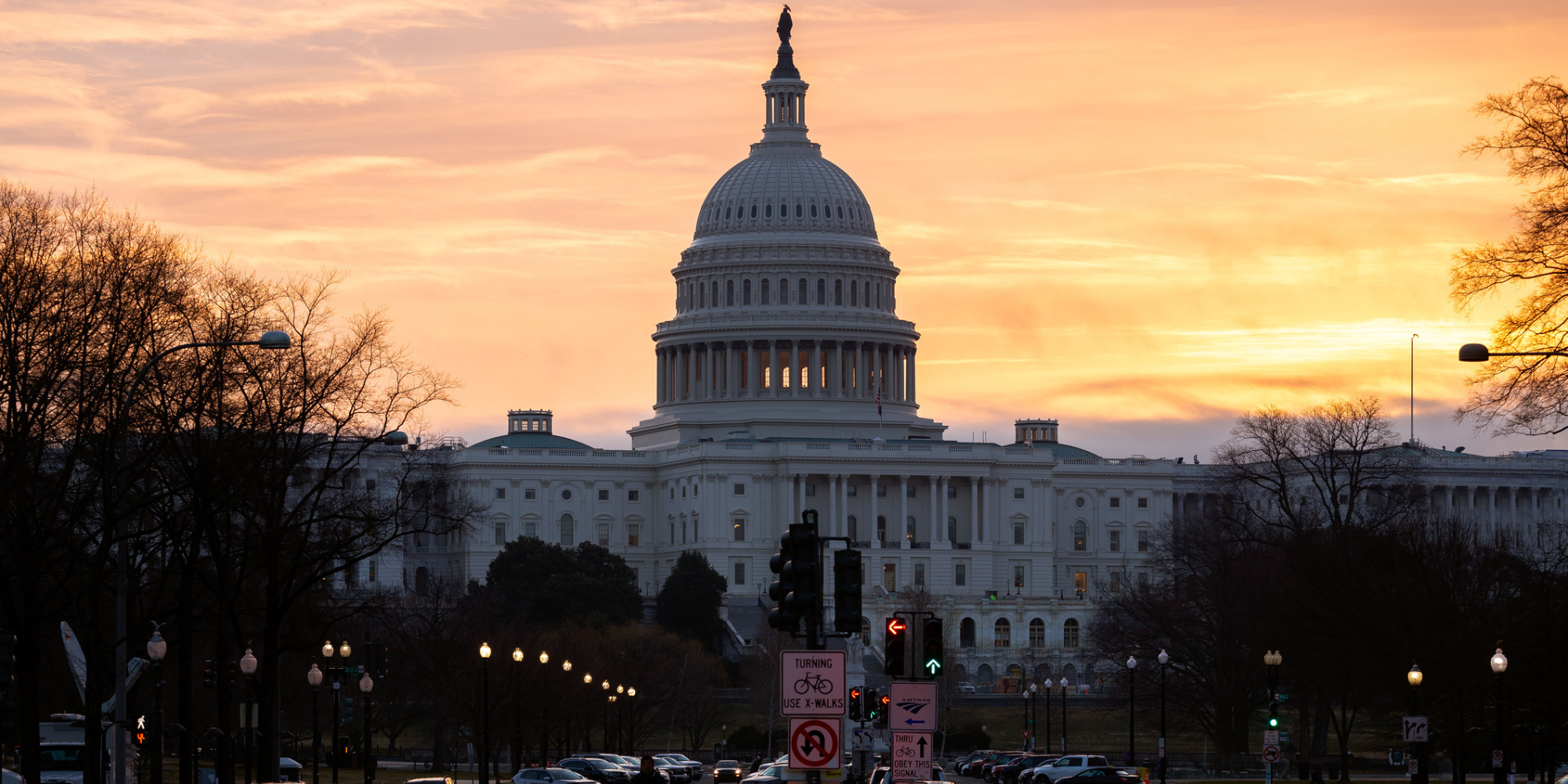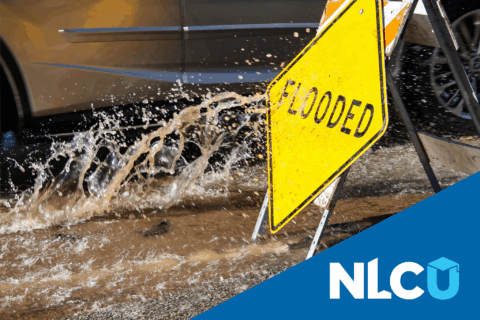On March 30, the U.S. House of Representatives passed the Lower Energy Costs Act (H.R 1), which aims to increase domestic energy production and reform the permitting process. The bill passed with bipartisan support by a vote of 225-204. Rep. Brian Fitzpatrick (R-PA) joined the majority of Democrats to vote no and Reps. Henry Cuellar (D-TX), Vincent Gonzalez (D-TX), Jared Golden (ME) and Marie Gluesenkamp Pérez (D-WA) voted in favor of the legislation.
This comprehensive energy package contains components from the House Energy and Commerce Committee, House Natural Resources Committee and House Transportation and Infrastructure Committee. House Majority Leader Steve Scalise released an overview and section-by-section summary of the legislation.
The bill builds on permitting reform efforts from the last Congress. Senator Manchin (D-WV), Chair of the Senate Energy and Natural Resources Committee, introduced the Building American Energy Security Act in December 2022 in hopes of attaching it to end-of-the-year must-pass legislation. Although there was support for the bill from President Biden, it ultimately didn’t move. House Republicans vowed to introduce their own permitting reform and energy bill after claiming the majority.
Here are three reasons why the Lower Energy Costs Act is a mixed bag for local governments. NLC did not support the bill.
Repeals Funding from the Inflation Reduction Act
The bill would repeal three provisions of the Inflation Reduction Act that benefit cities and residents:
- $27 billion for a Greenhouse Gas Reduction Fund to support the rapid deployment of low- and zero-emission technologies, with 40 percent for low-income and disadvantaged communities. EPA released the initial program guidance and the Notice of Funding Opportunity is expected to open this summer. Cities are eligible to compete for of the overall funding. NLC opposed standalone legislation (H.R. 1023) that would repeal this program. H.R. 1023 is included in the Lower Energy Costs Act.
- $1 billion to update to the latest building energy code and zero energy/stretch codes. Under this program the U.S. Department of Energy (DOE) will award grants to states, local governments and other eligible entities. DOE has an open Request for Information on how to design the program and is soliciting feedback through April 27.
- $4.275 billion for a high-efficiency electric home rebate program. Under this program DOE will provide funding to state energy offices to offer rebates to individuals. There is no update on the timing of this program.
NLC also opposes standalone legislation, the Homeowner Energy Freedom Act (H.R. 1603), to repeal the IRA building codes funding and home rebate program.
Preempts State Authority
The bill would preempt state authority and autonomy to manage and protect water resources and to implement the state water quality certification program under Section 401 of the Clean Water Act (CWA). H.R. 1 amends Section 401 of the CWA to limit the scope of reviews and final decisions to water quality impacts. The bill includes the Water Quality Certification and Energy Project Improvement Act (H.R. 1152), which includes many of the changes sought by a Trump Administration rulemaking, which NLC opposed.
Reforms the Permitting Process
Local governments often find the National Environmental Policy Act (NEPA) procedural process to be cumbersome and inefficient. Administrative burdens alone can be overwhelming for local governments whose resources are limited. In general, NLC supports efforts to modernize and streamline the NEPA process.
The bill includes the BUILDER Act (H.R. 1577), which includes streamlining reforms such as:
- Codifiying key elements of the One Federal Decision Framework, including development by the lead agency of a joint schedule, procedures to elevate delays or disputes, preparation of a single environmental impact statement and joint Record of Decision to the extent practicable.
- Setting deadlines for completion of NEPA review at one year for environmental assessments and two years for environmental impact statements, unless a deadline extension is agreed to by the project sponsor
- Establishing page limits for environmental documents and paper reduction measures—300 pages for complex projects and 150 pages for less complicated ones.
NLC supported these streamlining provisions in the 2020 NEPA reform rulemaking. H.R. 1 would codify the entirety of the rulemaking revisions, however, including provisions that would remove the requirement to analyze cumulative impacts, such as those associated with more frequent and severe extreme weather events, which NLC opposed.
H.R. 1 includes other NEPA reforms that NLC has not taken a position on.
Next Steps
The House bill is not expected to gain traction in the Senate and President Biden has issued a veto threat. Senate leaders of the Environment and Public Works Committee and the Energy and Natural Resources Committee are working on their own legislation for permitting reform and are likely to hold hearings this Spring. Senate leaders have expressed an interest in a bipartisan effort.
NLC will continue to monitor progress toward reforming the permitting process and will guard against clawbacks of federal funding beneficial to cities, towns and villages.









